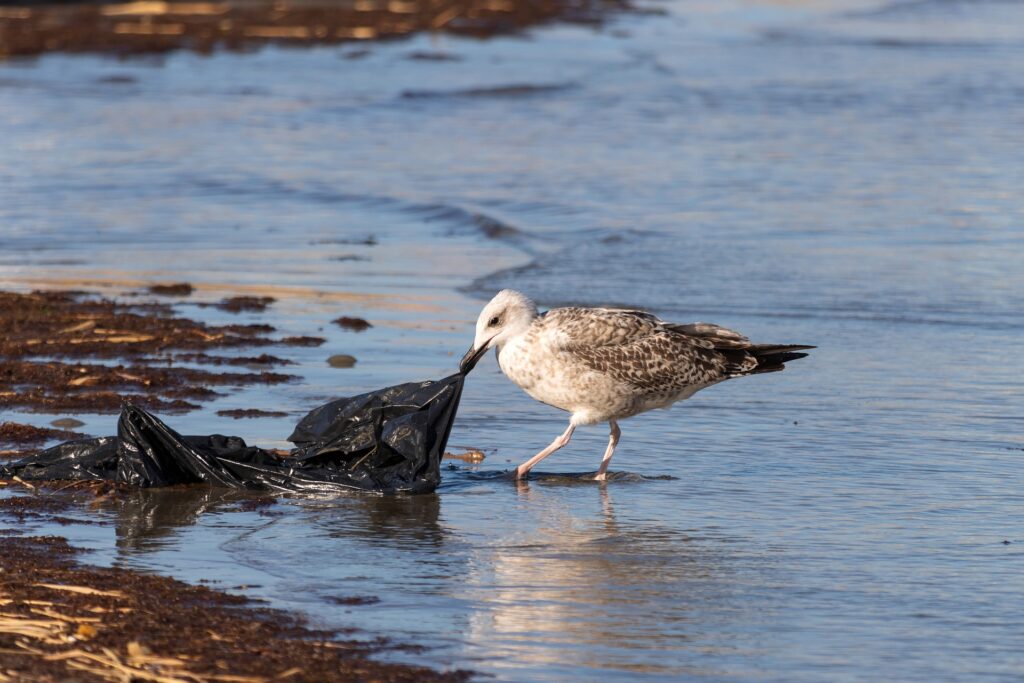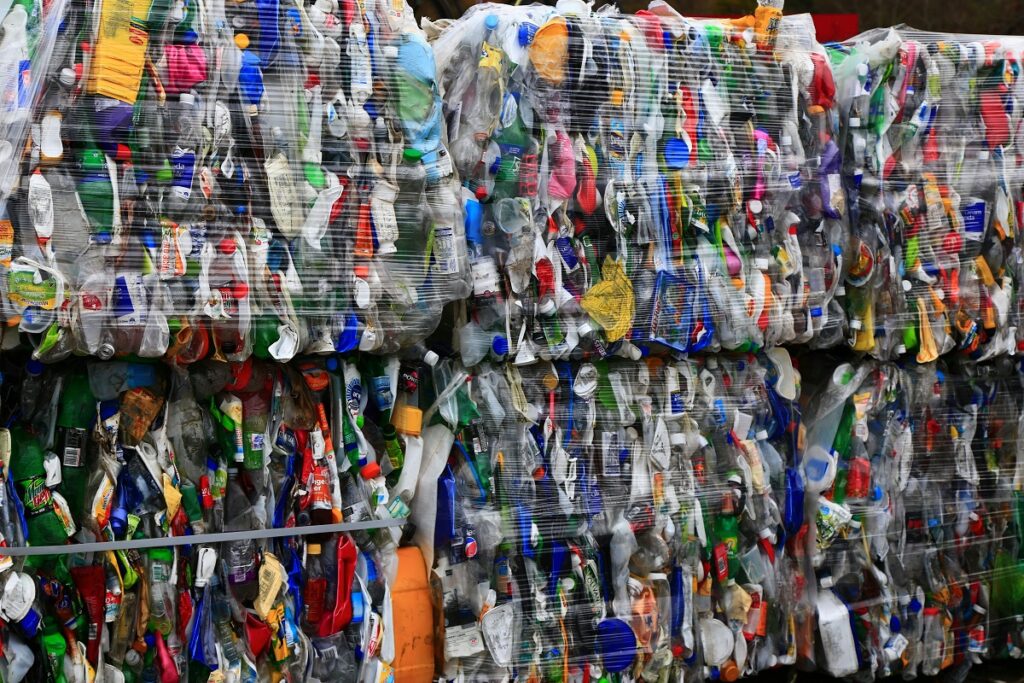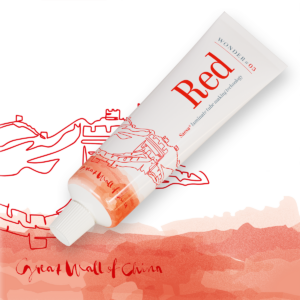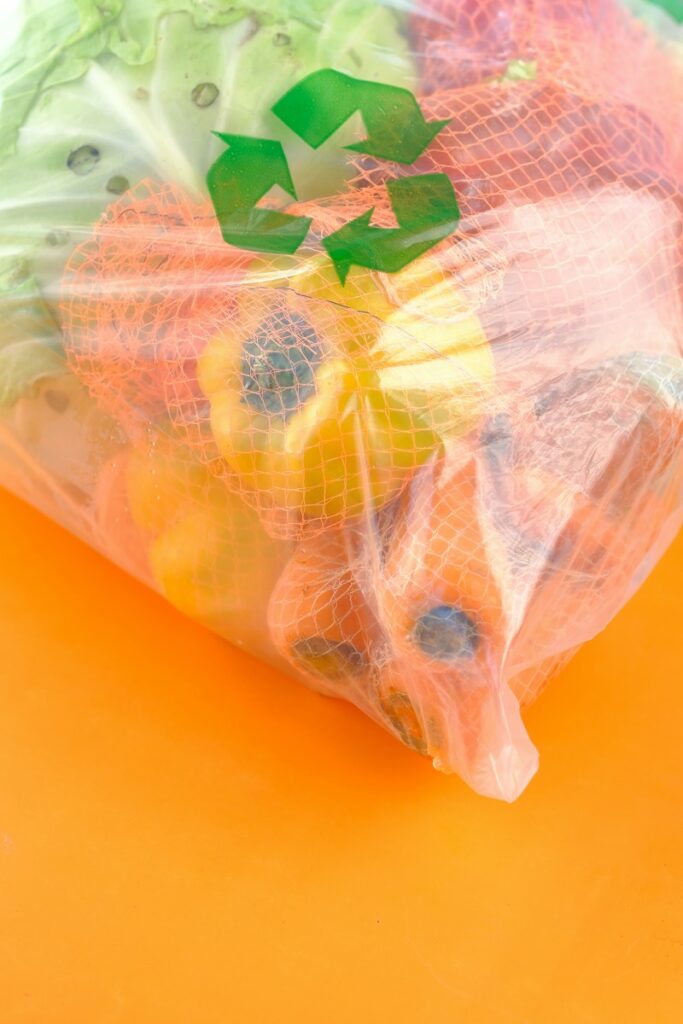“Planet vs. Plastics”: How Does Tube Packaging Industry Respond to Theme of Earth Day 2024?
Sustainability Practices of Melchers’ Partners NEOPAC, AISA and BREYER
Polyethylene (also known as PE) was accidentally produced in the 1930s. In the following decades with the emergence of supermarkets, PE bags have been used on a large scale, bringing great convenience to people’s lives while at the same time leading to the problem of plastic pollution. Today, although many regions have implemented restrictions on plastic bags, plastic pollution is plaguing every corner of our planet: more than 400 million tonnes of plastic are produced globally every year, half of which is only for one-time use. About 19-23 million tonnes of plastic waste annually flow into rivers, lakes and seas, causing significant ecological risks. It will take 20 years for a plastic bag to decompose into microplastics with a diameter of less than 5mm, and these plastic particles can enter food, water, and air, and ultimately enter our bodies – up to 50,000 plastic particles per person per year.
“Planet vs. Plastics” is this year’s Earth Day theme, which re-emphasises the global threat of plastic pollution. Currently, plastic tubes are an indispensable form of packaging for cosmetics, pharmaceuticals, food, detergents and other daily necessities. The common types include: aluminium-plastic composite tubes, all-plastic composite tubes, and plastic co-extruded tubes. Among them, aluminium-plastic composite tubes have always been a major problem for recyclers because of the difficulty in separating aluminium and plastic. On the other hand, many consumer goods retailers and manufacturers have made changes in recent years, driven by the requirements of the SDGs and the ESG: in 2020, a large number of companies that produce a third of the world’s plastic packaging by weight collectively committed to use 100% reusable or recyclable packaging materials by 2025.
Melchers’ partner NEOPAC is a world-renowned supplier of tube packaging to the cosmetic and dental industries. NEOPAC has developed the breakthrough Polyfoil® MMB, a fully recyclable, high-performance, mono-material barrier tube, which was patented in 2019. Polyfoil® MMB is aluminium-free, meets current mechanical recycling requirements by EU and US, and was the first of its kind to receive full technology & product approval from the EU’s discerning RecyClass including SUEZ Circpack sustainability verification organizations. Combined with the HDPE screw and hinge caps in the NEOPAC portfolio, this ensures a tube is completely ready for recycling in the PE rigid streams.
NEOPAC Polyfoil® MMB
- Polyfoil® MMB is a high-performance tube that provides excellent product protection via certified food- and pharma-grade materials
- It commands attention on any shelf with its premium appearance and is also available in a metallised design version.
- The tube body and shoulder are manufactured in hygienic and pure HDPE with reduced wall thickness, with less than 5% of foreign matter.
- For decoration, direct printing with low migration inks and varnishes in accordance with EuPIA standards (no labelling)
- Capacity options from 10 to 250 ml
- RecyClass technology and product certification, APR Plastics Recycling Association Critical Guidance certification
The sustainable transformation of plastic tubes also poses challenges for upgrading packaging processes, equipment, and production lines. Melchers’ partners AISA and BREYER, the world’s leading suppliers of cosmetic packaging equipment, have responded positively to the industry’s needs by continuously adapting and optimising their solutions.
The SAESA® 120 by AISA is a fully automated machine equipped with the latest overlap welding technology, dedicated to the production of ABL and PBL laminate tubes. The RED tube “Great Wall of China” produced by SAESA® 120 and using an ultra-thin 220µ PBL, is certified as recyclable in the HDPE stream by RecyClass.
AISA SAESA® 120
- Smallest footprint for an output of 120 tubes/min. on the market
- Only machine with continuous in-line welding quality control on the market
- Simple and very efficient transfer and tooling
- Quick change-over
- Easy to operate
For post-consumer recycled plastic materials (PCR) and industrially recycled plastics (PrePCR), BREYER has developed the high-performance SKIN-LAYER 7-layer die head. On the model Topline, the worldwide most flexible production line for plastic tubes, these 7-layer SKIN-LAYER tubes can be produced, by using a wide range of materials, including PCR/PrePCR. This is the most efficient choice to produce recyclable and sustainable tube bodies.
BREYER TopLine
- Clear design meets tube aesthetics
- Cost, energy savings and noise reduction modules
- Different line configurations and production sizes for mono and multilayer tubes
- High performance up to 45 m/min.
- State-of-the-art drive technology
- User-friendly and modern operating panel
- New arrangement of components – maintenance-friendly and space-saving
- Quality control units and process data recording to secure the tube quality
- Noise reduction: of approx. 11 dB (A)
The plastic itself is not a terrible material; on the contrary, because of its good barrier properties, durability, malleability and light weight and low cost, plastic has always been the packaging material of choice for consumer goods. Although some alternative materials have emerged, packaging made of other materials is not necessarily more environmentally friendly than plastic packaging in terms of the full life cycle, such as the energy consumption and emissions of the production and transport processes, as well as the occupation of other natural resources. Therefore, the recyclability of plastic packaging is crucial to solving the problem of plastic pollution, and all parties have acted, for example, in 2022, the European Union issued the Packaging and Packaging Waste Regulation (PPWR), which requires that no less than 30% of recycled materials be used for all plastic packaging on the EU market by 2030, and 65% by 2040.
For more information about NEOPAC, please contact:
Mr. Wang Qi
[email protected]
+86-13704115024For more information about AISA and BREYER, please contact:
Mr. Dennis He
[email protected]
+86-21-6352 8848 ext. 885








